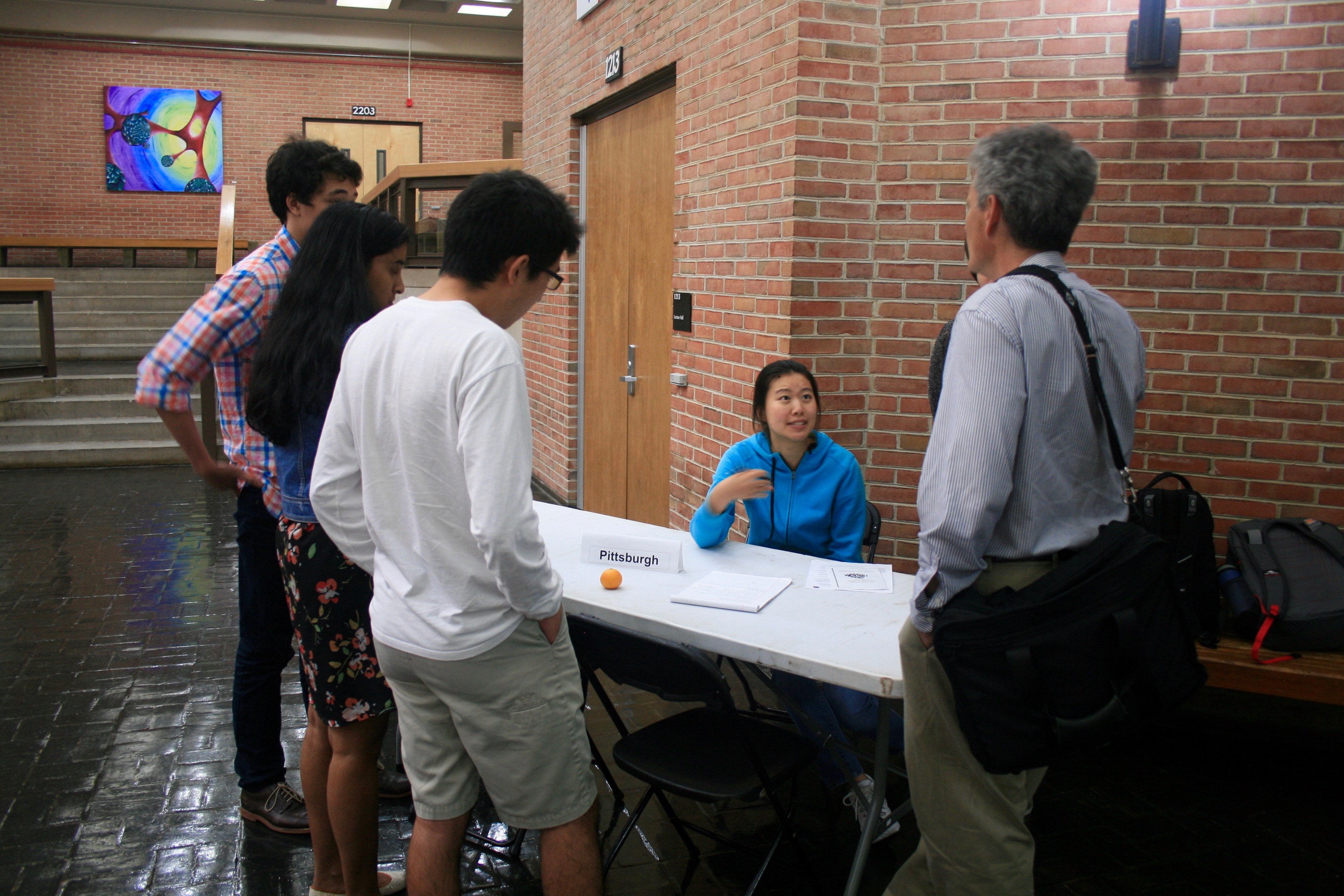| Line 16: | Line 16: | ||
bottom: 0; | bottom: 0; | ||
width: auto; | width: auto; | ||
| − | padding: | + | padding: 10px; |
color: white; | color: white; | ||
font-weight: bold; | font-weight: bold; | ||
font-size: 18px; | font-size: 18px; | ||
transition: 0.6s ease; | transition: 0.6s ease; | ||
| − | |||
} | } | ||
/* Position the "next button" to the right */ | /* Position the "next button" to the right */ | ||
.next { | .next { | ||
| − | right: | + | right: 5px; |
| + | bottom:5px; | ||
border-radius: 3px 0 0 3px; | border-radius: 3px 0 0 3px; | ||
} | } | ||
| + | |||
| + | .prev { | ||
| + | left:10px; | ||
| + | bottom:5px; | ||
| + | border-radius: 3px 3px 0 0; | ||
| + | } | ||
/* On hover, add a black background color with a little bit see-through */ | /* On hover, add a black background color with a little bit see-through */ | ||
.prev:hover, .next:hover { | .prev:hover, .next:hover { | ||
background-color: rgba(0,0,0,0.8); | background-color: rgba(0,0,0,0.8); | ||
| + | text-decoration: none; | ||
} | } | ||
| Line 39: | Line 46: | ||
color: #f2f2f2; | color: #f2f2f2; | ||
font-size: 15px; | font-size: 15px; | ||
| − | padding: | + | padding: 5px; |
position: absolute; | position: absolute; | ||
| − | + | top: 0px; | |
| − | + | ||
text-align: center; | text-align: center; | ||
| − | + | background:black; | |
| − | + | ||
| − | + | ||
| − | + | ||
| − | + | ||
| − | + | ||
| − | + | ||
| − | + | ||
| − | + | ||
} | } | ||
| Line 124: | Line 122: | ||
<div class="mySlides fade" style="position:relative;"> | <div class="mySlides fade" style="position:relative;"> | ||
<img src="https://static.igem.org/mediawiki/2016/0/08/T--Pittsburgh--CollaborationsUMD_discussion.jpg" alt="discussion" style="width:100%"> | <img src="https://static.igem.org/mediawiki/2016/0/08/T--Pittsburgh--CollaborationsUMD_discussion.jpg" alt="discussion" style="width:100%"> | ||
| − | <div class="text"> | + | <div class="text">Discussion session</div> |
</div> | </div> | ||
<a class="prev" onclick="plusSlides(-1)">❮</a> | <a class="prev" onclick="plusSlides(-1)">❮</a> | ||
<a class="next" onclick="plusSlides(1)">❯</a> | <a class="next" onclick="plusSlides(1)">❯</a> | ||
| − | </div | + | </div> |
| − | + | ||
<div style="text-align:center"> | <div style="text-align:center"> | ||
Revision as of 14:51, 2 August 2016
Contact Us
Mid-Atlantic Meet-Up
On July 22, Claire, Praneeth, and Maya visited the University of Maryland to participate in the Second Annual Mid-Atlantic iGEM Conference. They had a great time meeting fellow iGEM'ers, discussing synthetic biology, and exploring College Park and Washington D.C. Thanks to the UMaryland team for organizing such a great event and for being awesome hosts! Take a look at the slideshow presentation here.
Back to TopSharing and collaboration are core values of iGEM. We encourage you to reach out and work with other teams on difficult problems that you can more easily solve together.
Which other teams can we work with?
You can work with any other team in the competition, including software, hardware, high school and other tracks. You can also work with non-iGEM research groups, but they do not count towards the iGEM team collaboration silver medal criterion.
In order to meet the silver medal criteria on helping another team, you must complete this page and detail the nature of your collaboration with another iGEM team.
Here are some suggestions for projects you could work on with other teams:
- Improve the function of another team's BioBrick Part or Device
- Characterize another team's part
- Debug a construct
- Model or simulating another team's system
- Test another team's software
- Help build and test another team's hardware project
- Mentor a high-school team














